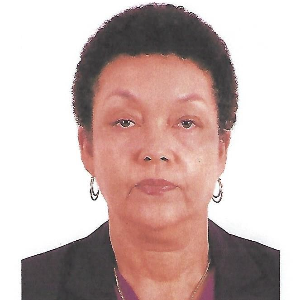Abstract:
Introduction: Lubumbashi is the 2nd city in the DRC, 2,812,000 inhabitants (2023). Its pediatric oncology unit (CUL) works in collaboration with ophthalmologists, pathologists, surgeons, imagers, etc…(RCP). Financially supported by several NGOs including AMCC, GFAOP…. The management of retinoblastoma in developing countries poses multiple problems. The most important are the often late diagnosis, at an incurable stage, the lack of competent care structures and socio-economic problems (difficulties in accessing care structures, for local accommodation and for the financial support of the cost of treatment).
Methodology: Retrospective descriptive study, REDCap database from April 2016 to June 2023. 301 cases of childhood cancer, including 116 cases of retinoblastoma; 5 cases excluded due to lack of information; Thus, we treated 111 cases of confirmed retinoblastoma. We received 59% male and 41% female, who came from the city of Lubumbashi in 50 %, the others came from neighboring cities, provinces and countries, traveling 4 to 1400Km. The city does not yet have a parents' center, which means that 24% of children have not been able to find accommodation. The socio-economic level of families is low in 91%, the number of dependents per family varies from 2 to 18 people. The children who were referred by a hospital institution were 43%, the others came after consulting general practitioners, pediatricians, or even traditional practitioners. Fifty percent of children reached stage IV of the disease. Children who presented with intraocular tumors without extension to the bone marrow, cerebrospinal fluid or beyond the optic nerve had benefited from the GFAOP protocol (Franco-African Pediatric Oncology Group). The others received metronomic chemotherapy on a case-by-case basis (i.e. paliative care). The percentage of deaths is 42%, 27 children escaped, 8 refused treatment. It should be noted that conservative treatment is very recent in Lubumbashi (12 months).
Conclusion: The early diagnosis of retinoblastoma is still paused in Lubumbashi, as is the training of reference center staff. The children come from neighboring towns and regions or from neighboring countries, the accommodation problem will be solved by the acquisition of a house for the parents. Free care for childhood cancer is desired. The early diagnosis of retinoblastoma is still paused in Lubumbashi, as is the training of reference center staff. The children come from neighboring towns and regions or from neighboring countries, the accommodation problem will be solved by the acquisition of a house for the parents. Free care for childhood cancer is desired.




